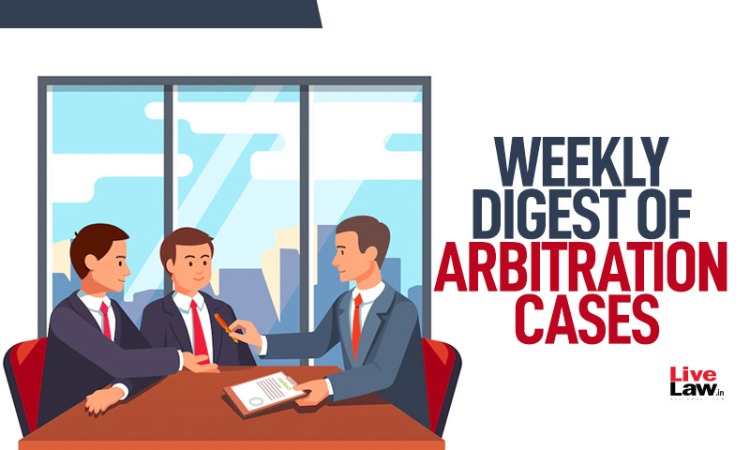Weekly Round-Up of Arbitration Cases : April 24 to April 30, 2022
Parina Katyal
3 May 2022 5:30 PM IST

Next Story
3 May 2022 5:30 PM IST
Supreme Court Group Of Companies Doctrine Can Be Applied To Bind Non Signatory To An Arbitration Agreement: Supreme Court Case Title: Oil and Natural Gas Corporation Ltd. versus Discovery Enterprises Pvt. Ltd Citation: 2022 LiveLaw (SC) 416 The Supreme Court, in a judgment delivered on 27th April 2022, explained the 'Group of companies' doctrine which postulates...
